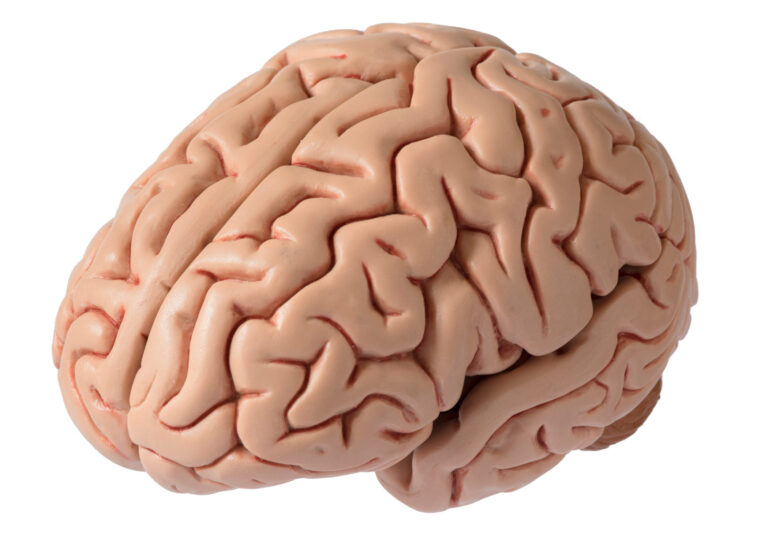Dementia is a cognitive disorder that affects millions of people worldwide, with approximately 50 million people living with it currently. It is a progressive condition that primarily affects older adults, causing memory loss, confusion, and difficulty with daily activities. As the symptoms of dementia worsen, individuals may also experience changes in personality and behavior. While there is currently no cure for dementia, there are therapies and treatments available to help manage its symptoms and improve quality of life. One such therapy is reminiscence therapy, which has shown to be beneficial for dementia patients.
What is Reminiscence Therapy?
Reminiscence therapy is a psychotherapeutic approach that involves recalling past experiences and events as a way to stimulate positive memories and emotions in individuals with dementia. It focuses on using images, music, and other sensory stimuli to trigger memories and promote a sense of well-being. The goal of reminiscence therapy is to improve the overall quality of life for dementia patients by reducing feelings of isolation, agitation, and depression.
How Does Reminiscence Therapy Work?
Reminiscence therapy works by tapping into long-term memories that are still intact in individuals with dementia. When guiding them through past experiences, it can help them feel more connected to their own identity and give them a sense of purpose. It also helps in providing a structure to their day, which can be comforting for individuals with dementia.
The therapy involves trained professionals who use various techniques such as storytelling, photo albums, music, and props to guide patients through their past experiences. Family members and caregivers can also participate in the therapy sessions, providing support and reinforcing positive memories.
Benefits of Reminiscence Therapy for Dementia Patients
1. Improves cognitive function: Reminiscence therapy can help stimulate the brain and improve cognitive function in individuals with dementia. By engaging in conversations and recalling memories, it can strengthen neural connections and slow down memory decline.
2. Reduces agitation and anxiety: Patients with dementia often experience agitation and anxiety, which can be challenging for both the patient and their caregivers. Reminiscence therapy uses calming stimuli and encourages positive emotions, promoting a sense of calmness and relaxation.
3. Enhances communication: As dementia progresses, individuals may struggle with communication and expressing themselves. Reminiscence therapy allows them to communicate through memories, making it easier for them to express their thoughts and feelings.
4. Provides a sense of purpose: Dementia patients may struggle with feelings of isolation and loss of purpose. Through reminiscence therapy, they can feel connected to their past and find meaning in their life experiences.
5. Strengthens relationships: Reminiscence therapy involves family members and caregivers, providing an opportunity for them to bond with the patient through shared memories. This can improve the relationship and provide emotional support for both parties.
Tips for Practicing Reminiscence Therapy
1. Create a safe and comfortable environment: It is essential to create a safe and comfortable space for the therapy sessions. This can be in the patient’s room or a quiet area free of distractions.
2. Use props and prompts: Props such as photo albums, familiar objects, and music can help trigger memories and make the therapy sessions more engaging.
3. Be patient: Individuals with dementia may take longer to recall memories, so it is essential to be patient and give them time to process.
4. Focus on positive memories: During the therapy sessions, it is crucial to focus on positive memories to promote a sense of well-being.
5. Involve family members and caregivers: Family members and caregivers can play a vital role in reminiscence therapy by sharing their own memories and reinforcing positive emotions.
In conclusion, reminiscence therapy can be a valuable tool in improving the quality of life for individuals living with dementia. By tapping into their long-term memories, it can promote a sense of well-being, reduce agitation and anxiety, and strengthen relationships. If you have a loved one with dementia, consider incorporating reminiscence therapy into their care plan to help them reconnect with their past and find joy in their memories.




